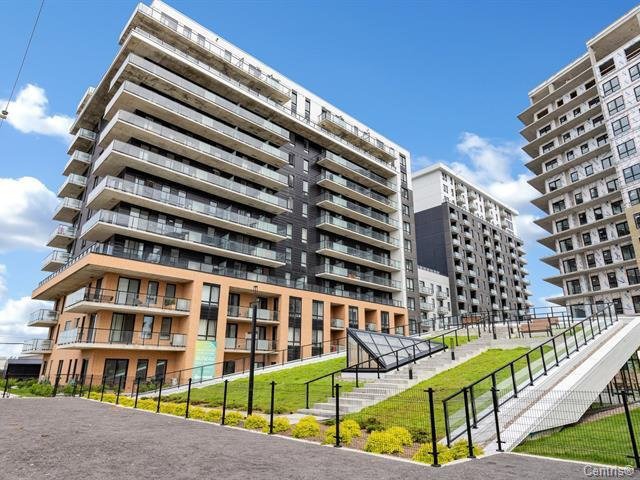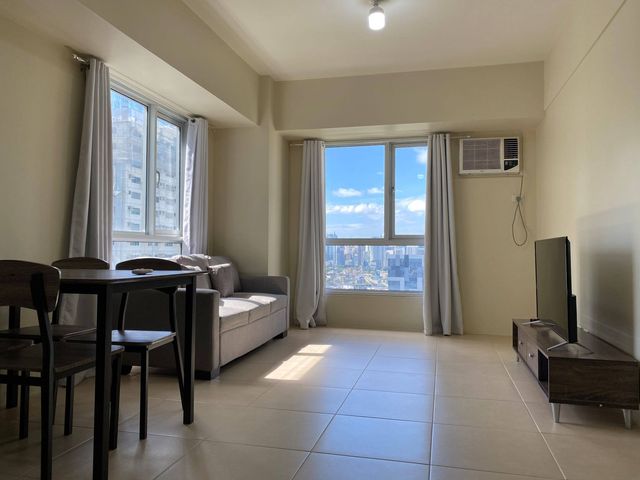
Tips for Managing Property Renovations
Renovating a property can be both an exciting and daunting process. Whether you’re updating a single room or undertaking a major overhaul, effective management is crucial to ensure the project runs smoothly and stays within budget. Here are some expert tips for managing property renovations to help you navigate the process successfully.
1. Set Clear Goals and Budget
Before you start, define what you want to achieve with the renovation. Are you enhancing the property’s value for resale, improving functionality, or simply updating the look? Setting clear goals will guide your decisions and help you communicate effectively with contractors and designers.
Equally important is establishing a realistic budget. Factor in all potential costs, including materials, labor, permits, and unexpected expenses. It’s wise to allocate an additional 10-20% of your budget for unforeseen issues. Having a well-defined budget prevents overspending and ensures financial control throughout the renovation process.
2. Create a Detailed Plan
A detailed renovation plan is essential for staying organized and on track. This plan should include:
- Design Layout: Sketch out or work with a designer to create a layout that meets your needs and preferences.
- Timeline: Develop a project timeline with milestones and deadlines. Be realistic about how long each phase will take.
- Materials and Finishes: Decide on materials, finishes, and fixtures in advance to avoid delays. Research and select items that match your design vision and budget.
3. Choose the Right Professionals
Hiring the right professionals can make a significant difference in the outcome of your renovation. Look for:
- Contractors: Choose experienced contractors with positive reviews and references. Verify their licensing and insurance.
- Designers: If working with a designer, ensure their style aligns with your vision and that they have a good track record.
- Subcontractors: If your project requires specialized work (like electrical or plumbing), hire reputable subcontractors.
Communicate your goals and expectations clearly to all professionals involved. A well-established working relationship ensures that everyone is on the same page.
4. Obtain Necessary Permits
Depending on the scope of your renovation, you may need permits from local authorities. These can include permits for structural changes, electrical work, plumbing, or other significant alterations. Check with your local building department to understand the requirements and obtain all necessary permits before starting the work.
5. Prepare for Disruptions
Renovations can be disruptive, affecting your daily routine and living space. Prepare by:
- Creating a Temporary Living Space: If the renovation affects your main living areas, set up a temporary space to minimize inconvenience.
- Managing Dust and Noise: Dust and noise are inevitable. Use plastic sheeting and other barriers to contain dust, and schedule noisy work during times that are least disruptive.
6. Stay on Top of Project Progress
Regularly monitor the progress of the renovation to ensure it stays on track. Schedule site visits, and keep in close contact with your contractor. Address any issues or deviations from the plan promptly to prevent minor problems from becoming major setbacks.
7. Communicate Clearly and Regularly
Effective communication is key to a successful renovation. Maintain open lines of communication with your contractors and designers. Address any concerns or changes as they arise, and ensure everyone involved is aware of any modifications to the plan or schedule.
8. Manage Change Orders Wisely
Changes to the original plan—known as change orders—can impact the budget and timeline. If changes are necessary, discuss them with your contractor to understand how they will affect costs and deadlines. Aim to make decisions quickly to avoid delays and additional expenses.
9. Keep an Eye on Quality
Ensure that the quality of work meets your standards. If you notice any issues, address them with your contractor immediately. Conduct a thorough inspection at different stages of the renovation to ensure that work is being completed to your satisfaction.

10. Plan for Final Touches
Once the major renovation work is complete, focus on the finishing touches. This includes painting, decorating, and installing fixtures and furnishings. These final details are crucial for achieving the look and functionality you envisioned.
11. Document the Renovation
Keep detailed records of the renovation process. Document changes, expenses, and communications. This information can be valuable for future reference, whether for resale purposes or addressing any issues that may arise.
12. Prepare for the Post-Renovation Phase
After the renovation is complete, take time to evaluate the results and address any final adjustments. Perform a final walkthrough with your contractor to ensure that all work has been completed to your satisfaction. Address any remaining punch list items promptly. For more information about the Emerald Of Katong Price, please visit their page to know more.
Conclusion
Managing a property renovation can be a complex process, but with careful planning, clear communication, and effective oversight, you can achieve a successful outcome. By setting clear goals, creating a detailed plan, and working with experienced professionals, you can navigate the challenges of renovation and transform your property into a space that meets your needs and exceeds your expectations.

CBD and Gut Health
You May Also Like

Air Conditioning Installation
May 4, 2021
Exploring Microsoft Excel 2010
June 3, 2019

